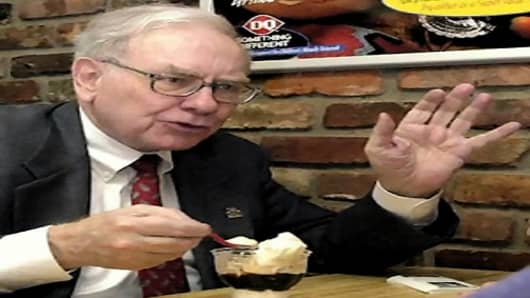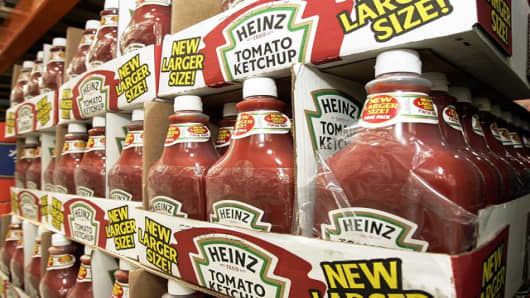Mergers among the top-tier food companies have been virtually non-existent over the past three to five years. That’s because a series of transactions, which included Kraft’s acquisition of Nabisco, Kellogg’s purchase of Keebler, and Unilever’s tie-up with Best Foods, had left the group busy paying down debt and integrating operations.
The track record for these deals has been mixed. Some of the deals, such as General Mills’ acquisition of Pillsbury, have had trouble delivering on the promised cost savings and benefits. And Wm. Wrigley Jr.’s recent experience buying the Lifesavers and Altoids brands from Kraft was a reminder that it is easy to get burned by an acquisition.
Touching Off The Next Wave
But acquisitions can be beneficial, and it just may be that the group is waiting for one company to boldly head back into the waters and touch off a new round of consolidation.
At moment, one of the most likely targets is Cadbury. The British company, which is expected to announce plans to separate its U.S. beverages business later this month, is restructuring its confectionery business. These activities could make the company easier to digest.
Kraft, for example, could purchase Cadbury at a premium and still have it be “significantly accretive,” according to Palmer. He estimates there is a 80% market overlap between Kraft and Cadbury, which should allow for substantial cost savings. The acquisition of Cadbury would expand Kraft's chocolate business and improve its international presence.
Palmer expects the next wave of consolidation in the food sector will play out over the next two to three years. He expects four or five large global players will emerge at the end of the period, most likely Nestle, Unilever, Kraft and PepsiCo. The others will become likely targets.
According to Sanford Bernstein analyst Alexia Howard, General Mills could fit the criteria of a private equity buyer because it stands to benefit the most from improved management focus and it is not in the middle of a restructuring program. (Kraft, Sara Lee, Heinz and Hershey are all in the midst of restructuring programs at the moment.)
Howard expects a private equity buyer would likely consider Campbell Soup and Kellogg to be running well, which would make it difficult to scale up revenue and profit from their current level.
Sector Values Easing
As for the possibility that an investor like Buffett might put a stake in the ground. Howard has been growing more positive about the group’s stock values, but still has a market weight rating on the sector.
The group enjoyed a big run-up in the first half of 2006, helped by a combination of macroeconomic factors and interest from activist investors such as Nelson Peltz. Although valuations remain lofty, they are not as sky-high as they once were.




